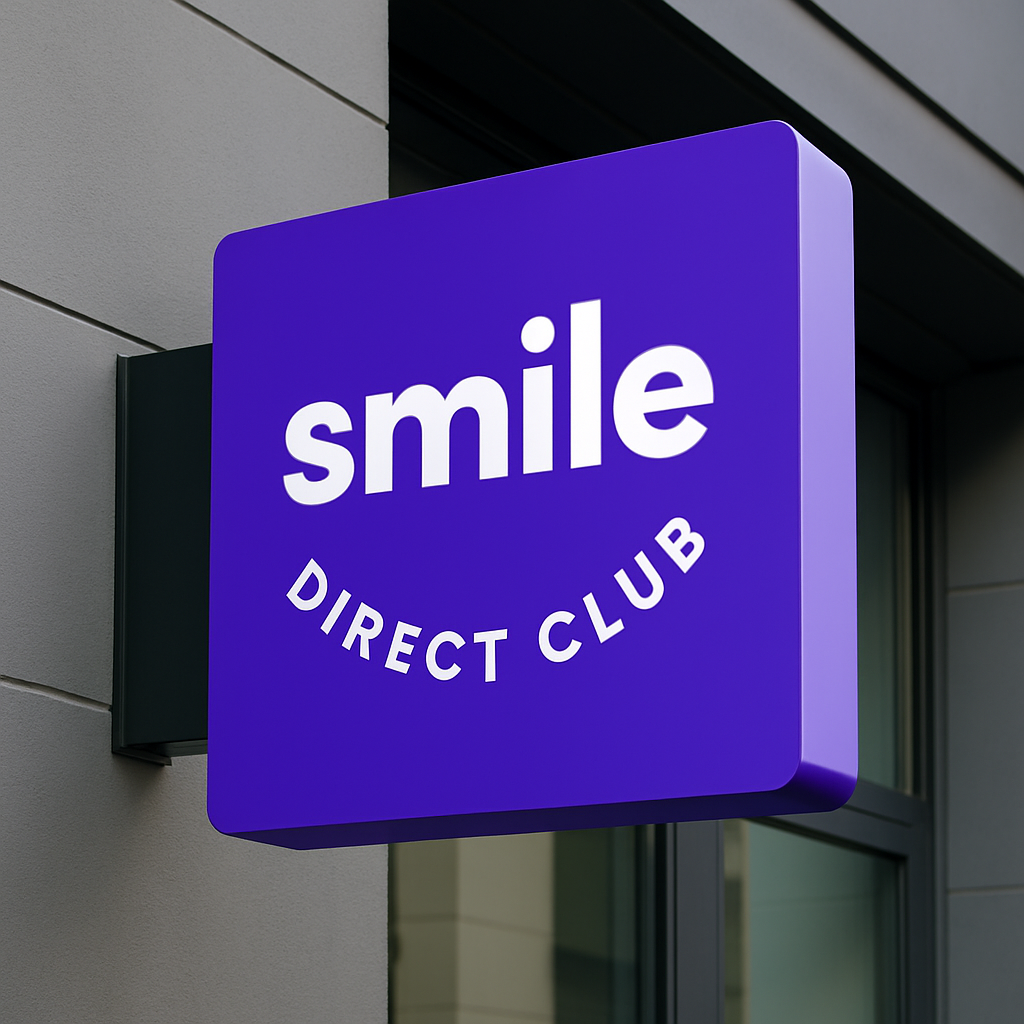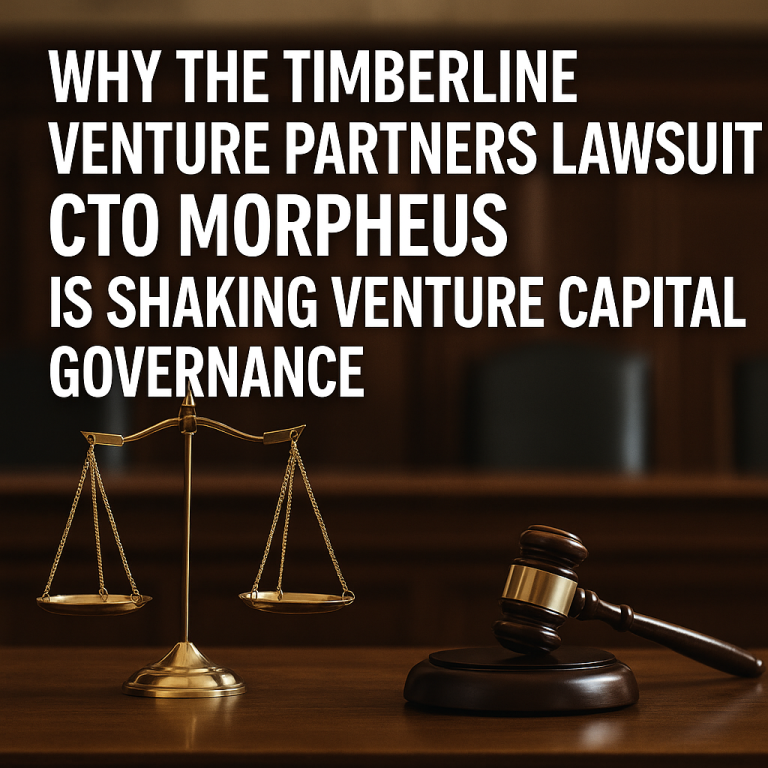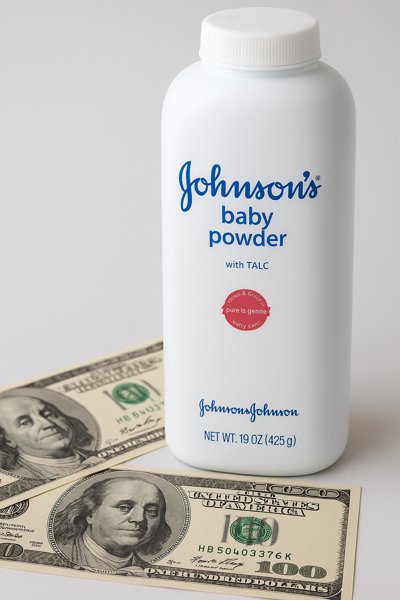The SmileDirectClub lawsuit has become one of the most significant legal narratives in health-tech. A pioneer in the field of teledentistry, SmileDirectClub had promised millions of people low-cost, convenient, clear aligners. However, the company went bankrupt in late 2023 and closed its doors in 2024—leaving patients abandoned and thousands clamoring for refunds.
This case extends beyond a mere business failure. State attorneys general, class action attorneys, and regulators now charge SmileDirectClub with false advertising, unfair billing practices, and breaking consumer protection laws. The charges are deceptive marketing, refusal to refund, and binding patients into non-cancellable agreements.
With more than $11.5 million recovered for victims to date and investigations widening, this case will redefine the way dental tech companies do business in the future. For customers, regulators, and the dental profession, the repercussions are just starting.
What Triggered the SmileDirectClub Lawsuit?
SmileDirectClub’s rapid downfall shocked customers and investors. Its shutdown left users mid-treatment and out of thousands of dollars.
Did SmileDirectClub deceive customers regarding treatment?
Yes. Customers thought that they were receiving dentist-monitored treatment plans. But many got little communication, dubious aligner timetables, and substandard results. Grievances exploded over broken treatments, deteriorating oral problems, and disappearing customer service.
SmileDirectClub marketed its product as quick, inexpensive, and healthier than braces. However, SmileDirectClub rarely offered face-to-face consultations, employed scans or impression kits, and treated patients remotely. Regulators argue this business model engendered widespread unhappiness and harm.
What was the effect following the company’s shutdown?
SmileDirectClub bankrupted in Chapter 11 in December of 2023. By early 2024, the company had suspended operations entirely and shut down its customer service websites. Patients who prepaid for treatment—usually thousands of dollars—were unable to contact the company.
Customers found themselves with no aligners, no refunds, and no access to their dental records. Complaints on Reddit and Facebook about lost money and unsatisfied treatments overwhelmed the platforms. Lawsuits quickly ensued.
Who Filed the SmileDirectClub Lawsuit?
Multiple legal forces are now involved in this sweeping case.
Which states are taking legal action?
State attorneys general in New York, California, Illinois, Washington, and Florida are some of the entities seeking legal remedies. In December 2024, New York Attorney General Letitia James obtained $11.5 million in restitution for more than 17,000 impacted residents.
The settlement followed an investigation that revealed SmileDirectClub misled users about cancellation rights, product risks, and automatic billing.
Are class action lawsuits involved, too?
Yes. Legal groups, such as ClassAction.org, have consolidated claims from thousands of former customers. These cases argue that SmileDirectClub’s business model included:
Hidden subscription terms that locked patients into nonrefundable plans
False advertising about doctor involvement and safety
Improper collection practices for unpaid fees
Class action attorneys are now seeking refunds, punitive damages, and long-term restrictions on SmileDirectClub or any successor company.
What Are the Main Allegations in the SmileDirectClub Lawsuit?
Patients, regulators, and lawyers share similar complaints—most center on broken promises and financial exploitation.
What business practices are under legal scrutiny?
SmileDirectClub is accused of:
Refusing refunds even after services were never delivered
Misleading ads suggesting treatments were supervised by licensed dentists
Blocking cancellations through complex contracts
Failing to provide medical records after shutting down
Continuing to auto-charge customers after bankruptcy
Each of these practices violated consumer protection laws in multiple states. Many customers say they were never told their plan could not be canceled, even if the aligners didn’t fit, arrived broken, or caused damage.
Did SmileDirectClub violate health regulations?
Possibly. Some regulators suggest that SmileDirectClub crossed medical practice boundaries by treating patients without proper oversight. The use of remote dentists, inconsistent diagnostics, and lack of in-person exams may have breached state dental board rules.
What Happened After Smile Direct Club Filed for Bankruptcy?
Filing for Chapter 11 didn’t just stop operations—it also froze refund requests and left customers in limbo.
Were customers refunded after the shutdown?
Most were not. After the bankruptcy announcement, SmileDirectClub ceased processing refund requests. The company advised customers to file claims in bankruptcy court—often a long, complicated process that yields little return.
Many patients had already paid thousands upfront for 12- to 24-month treatment plans. Reddit threads reveal stories of:
Missing aligners
Broken trays
Unresponsive support
Aggressive billing threats despite halted services
Is SmileDirectClub still operating under bankruptcy?
No. In 2024, the company announced it would not continue post-bankruptcy restructuring. All physical offices closed, websites were taken down, and employees were laid off.
However, the company left behind thousands of unresolved consumer complaints, and legal entities are still sorting through the aftermath.
What Did the $11.5 Million Settlement Include?
This was a significant legal victory for consumers—but it only covered a fraction of victims.
Who qualified for the refund in New York?
The New York AG’s office returned $11.5 million to over 17,000 consumers. Eligible recipients included those:
Enrolled after SmileDirectClub began automatic billing
Denied refunds despite faulty or delayed aligners
Misled by SmileDirectClub’s cancellation policy
Refunds were issued by check or direct deposit. The settlement also mandated that SmileDirectClub—and any future operators—clearly disclose refund terms, treatment risks, and doctor involvement.
Will other states pursue similar settlements?
Yes. Attorneys general in other states are actively investigating. Some may coordinate class-wide settlements or file additional lawsuits. Legal experts expect further financial penalties if more state claims succeed.
How Are Affected Customers Reacting to the Lawsuit?
Thousands of consumers feel betrayed, angry, and financially drained.
What are people saying on Reddit and social media?
Posts on Reddit’s r/smiledirectclub are filled with frustration. Common stories include:
“Paid $2,000, only got 3 months of trays”
“They charged my card after shutting down”
“No help, no refund, no updates. Just silence.”
“My teeth got worse. I’m now paying a real orthodontist.”
These firsthand accounts show how SmileDirectClub’s closure impacted real lives. Users continue to organize, document evidence, and join class action groups.
Have customers seen any justice?
Only a few. Some received partial refunds through the NY settlement or chargebacks from their bank. However, the vast majority remain unpaid and uncertain whether they’ll ever recover lost money.
What Legal Actions Are Still Ongoing?
The legal landscape is still evolving.
Do plaintiffs continue to file new lawsuits?
Yes. New claims continue to emerge in federal and state courts. These focus on:
Breach of contract
False advertising
Consumer fraud
Violations of telehealth laws
Attorneys also warn that they may take legal action against SmileDirectClub’s founders or investors if they discover personal liability. Bankruptcy courts are still reviewing creditor claims and investigating company finances.
Can the company relaunch under a new name?
Possibly. But any future entity would likely face heavy regulation, monitoring, and consumer distrust. Attorneys have already requested injunctions preventing SmileDirectClub from selling assets or relaunching without resolving current liabilities.
Will Smile Direct Club Restart Operations?
So far, signs point to no.
Is there any effort to revive the company?
Initial bankruptcy filings included language suggesting SmileDirectClub hoped to find buyers or restructure. But in 2024, the company scrapped those plans. No investor stepped forward, and it began liquidating its remaining assets.
That said, legal experts say the founders could try to return with a rebranded company. Regulators would likely block any relaunch that repeats prior business practices.
What Does the Smile Direct Club Lawsuit Mean for the Dental Industry?
This lawsuit has broad implications for teledentistry, advertising rules, and subscription-based healthcare.
Will teledentistry face new regulations?
Yes. State dental boards and lawmakers are drafting new rules that require:
In-person consultations for clear aligners
Transparent refund and cancellation terms
Minimum standards for doctor oversight
Telehealth platforms may also face new billing transparency requirements and penalties for contract abuse.
Are other aligner companies under scrutiny now?
Definitely. Regulators are now reviewing competitors like Byte, Candid, and AlignerCo for compliance. They aim to prevent another SmileDirectClub-like crisis and protect patients.
Frequently Asked Questions (FAQs)
Is Smile Direct Club still in business?
No. The company shut down in 2024 after filing for bankruptcy.
Can I get a refund from Smile Direct Club?
Maybe. If you live in New York or filed a legal claim, you might qualify for restitution. Most others must file bankruptcy claims.
What is the status of the class action lawsuit?
It’s active. Class action attorneys are organizing plaintiffs and preparing settlement demands.
Was Smile Direct Club found guilty of fraud?
Not formally. But the company agreed to major settlements and closed amid mounting legal pressure.
Will other aligner brands be affected?
Yes. Regulators are reviewing all remote aligner companies to prevent similar misconduct.
Conclusion: Why the Smile Direct Club Lawsuit Is a Wake-Up Call for the Industry
The Smile Direct Club Lawsuit has exposed serious flaws in the fast-growing dental tech market. What began as a promise to democratize orthodontics ended in bankruptcy, thousands of angry patients, and dozens of lawsuits.
This case is more than a consumer protection failure. It’s a legal and ethical warning. Regulators now demand clear refund policies, transparent medical oversight, and real accountability in teledentistry. Patients deserve better than broken aligners and blocked helplines.
Ongoing lawsuits are defining SmileDirectClub’s legacy not through innovation, but through the consequences of prioritizing growth over ethics. For the dental industry, this is a lesson in compliance, transparency, and trust.
Ayesha Awais is a content writer for JudicialNexus.com, covering accident reports, injury-related news, lawsuits, and public safety updates. All content is informational in nature and based on publicly available sources.




